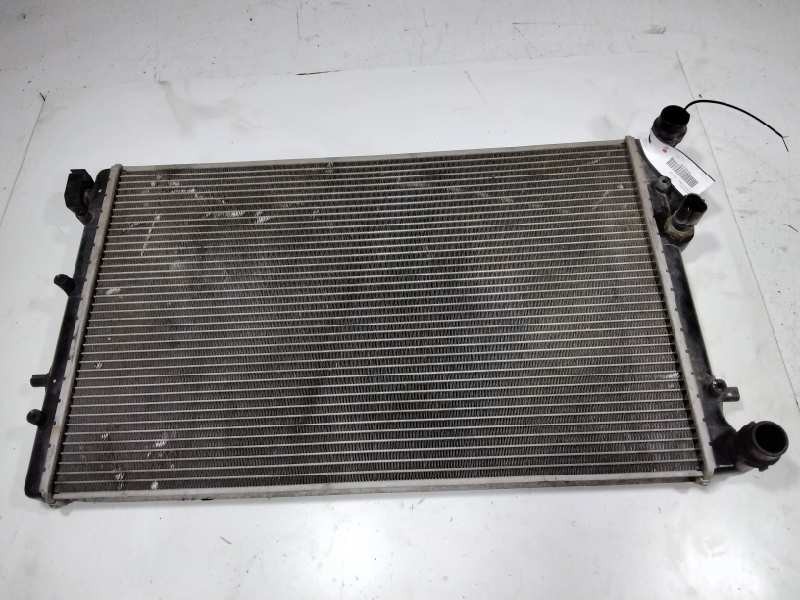
When it comes to keeping your trucks and trailers running smoothly, regular maintenance is key. One crucial aspect of maintenance that should never be overlooked is the transmission fluid. The transmission fluid plays a vital role in ensuring proper operation and longevity of your vehicle’s transmission system.
Let’s explore the importance of regular checks and changes of transmission fluid in trucks and trailers and why it is crucial for the overall performance and reliability of your vehicles.
Lubrication and Cooling
Transmission fluid serves as a lubricant for the various moving parts within the transmission system. It helps to reduce friction and heat generated by the constant interaction of gears, clutches, and other components. By lubricating these parts, the fluid prevents excessive wear and tear, ensuring smooth and efficient operation. Additionally, transmission fluid acts as a coolant, dissipating heat generated during the transmission process and preventing overheating.
Quick and reliable solutions for your roadside emergencies. Find out more here.
Cleaning and Protection
Over time, debris, dirt, and metal particles can accumulate in the transmission system. The transmission fluid acts as a cleaning agent, capturing and suspending these contaminants, preventing them from causing damage to the internal components. Regular checks and changes of transmission fluid help to ensure that the system remains clean and protected, reducing the risk of costly repairs and breakdowns.
Preserving Seal Integrity
Transmission fluid plays a crucial role in maintaining the integrity of seals and gaskets within the transmission system. It helps to keep them soft and pliable, preventing leaks and ensuring a tight seal. With time, however, transmission fluid can break down and lose its effectiveness, leading to deteriorated seals and potential leaks. Regular checks and changes of the fluid help to preserve seal integrity, minimizing the risk of fluid leaks that can lead to transmission failure.
Roadside emergency? We’re here to assist. Call us here
Optimizing Shifting Performance
The properties of transmission fluid, such as viscosity and friction modifiers, play a significant role in optimizing shifting performance. As the transmission fluid ages, it may lose its ability to provide proper lubrication and smooth shifting. Regular fluid checks and changes ensure that the fluid maintains its optimal characteristics, allowing for smooth and precise gear shifting, reducing wear on the transmission components.
Extending Transmission Lifespan
By regularly checking and changing the transmission fluid, you can extend the lifespan of your transmission system. Fresh fluid with the right properties helps to reduce wear and heat buildup, preventing premature failure of the transmission. It also allows for early detection of any potential issues or abnormalities, allowing for timely repairs or adjustments, which can save you from expensive repairs and downtime in the long run.
Regular checks and changes of transmission fluid are crucial for the proper functioning and longevity of your trucks and trailers. Don’t overlook the importance of this simple maintenance task, as it can save you from costly repairs, breakdowns, and unnecessary downtime. Make it a priority to schedule regular fluid checks and change, to ensure the optimal performance and longevity of your vehicles on the road.
To get more information about us, follow us on Facebook and Instagram. Or call us right now for a road service on: repairtrucktrailer.com



